What’s the future for Sri Lanka’s ‘lost’ population of whales?
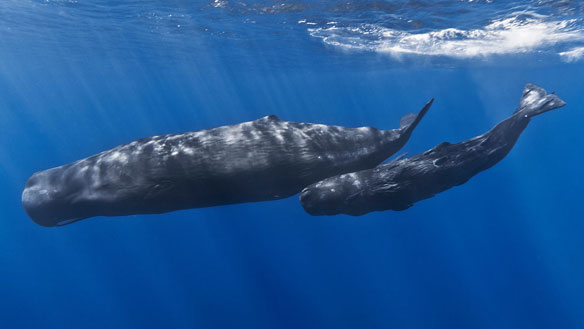
Flocking tourists are making it less of a safe place for these stunning animals.
Tapping fresh water under the ocean has consequences
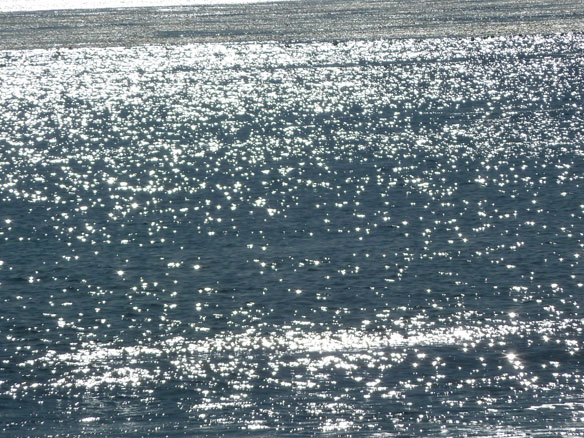
Coastal communities may consider using offshore groundwater resources as populations increase and the limited freshwater resources are degraded by overuse and pollution, but new research suggests tapping into them could lead to adverse impacts onshore.
The Toll of Tourism: Can Southeast Asia Save Its Prized Natural Areas?
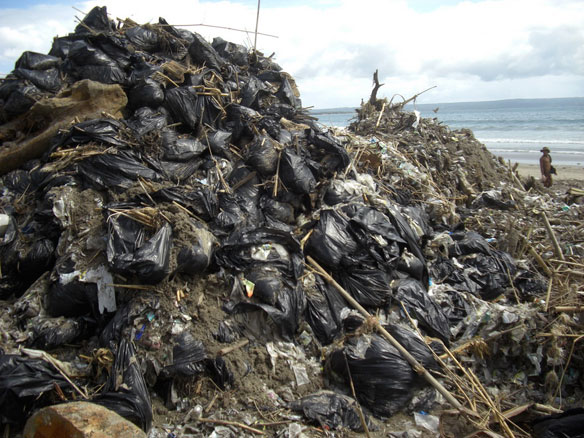
From Thailand to Bali, a huge increase in tourists, many from China and other rapidly developing economies, is straining sensitive ecosystems to the breaking point. Some countries are trying to control the boom, with a few closing popular destinations to allow damaged areas to heal.
Russia will release 10 orcas, 87 belugas from overcrowded ‘whale jail’
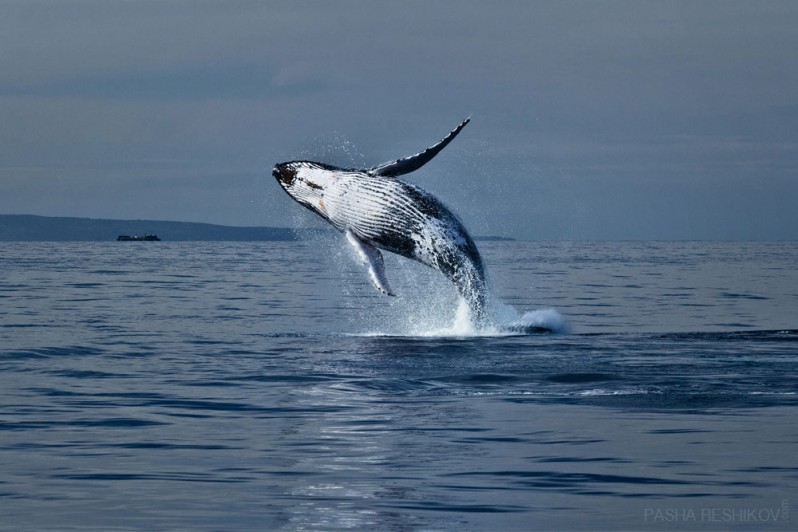
Russian authorities and marine life advocates have signed an agreement to release nearly 100 marine mammals being held in the so-called “whale jail” on Russia’s Far East coast. The whales were illegally captured last summer and fall by four Russian companies that reportedly planned to sell them to marine parks in China.
Sea turtles struggle years after unexplained die-off
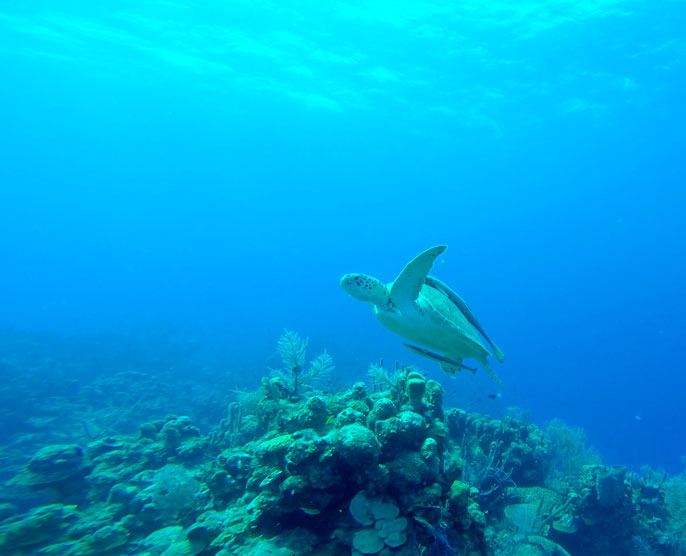
New research is detailing how environmental stressors, including heavy metals, brought on by human activity are harming coastal green sea turtle populations – work that researchers hope will inform conservation efforts going forward.
The Destruction of the Environment: An Unfolding Tragedy for Humanity
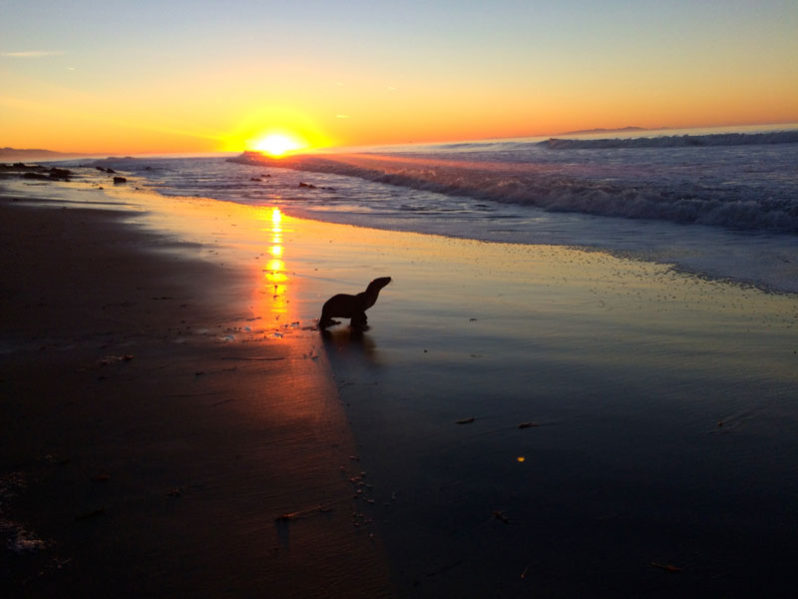
The 2019 Global Risks Report from the World Economic Forum identified “Major biodiversity loss and ecosystem collapse (terrestrial or marine)” as both one of the most likely and most serious global risks with “irreversible consequences for the environment, resulting in severely depleted resources for humankind as well as industries.”
Will large protected areas save the oceans or politicize them?
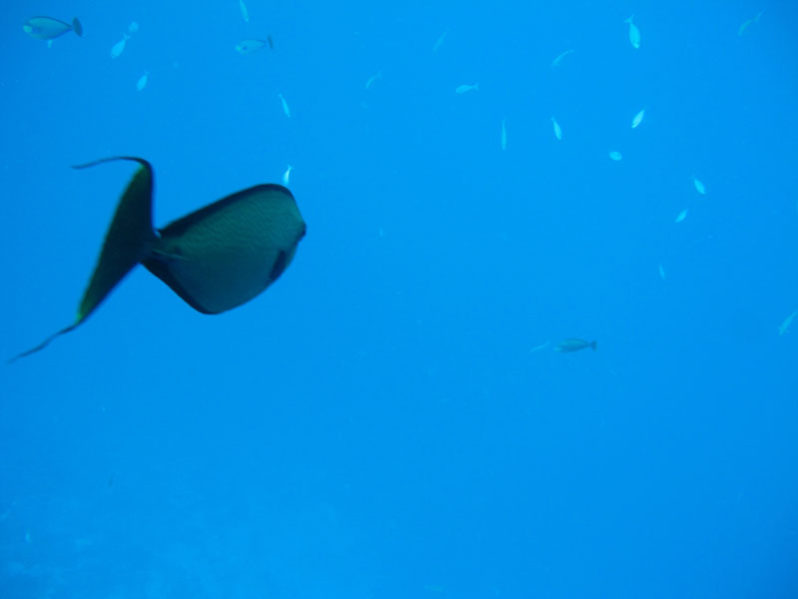
How can we save the oceans? They cover two-thirds of the planet, but none are safe from fishing fleets, minerals prospectors, or the insidious influences of global warming and ocean acidification. In the past decade, there has been a push to create giant new Marine Protected Areas (MPAs). They now cover nearly 9.7 million square miles.
Tropical Species Moved Hundreds of Miles North During Marine Heatwave
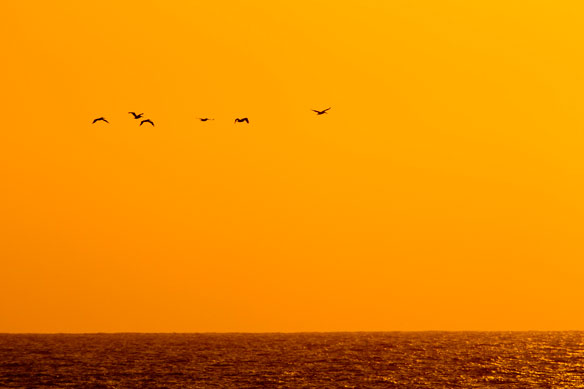
Between 2014 and 2016, parts of the eastern Pacific Ocean warmed as much as 7 degrees Fahrenheit above average during what has been characterized as the worst marine heatwave on record. During the event, scientists began discovering a record number of tropical sea species along the northern California and Oregon coasts, more than 700 miles north of their usual range.
Fatal horizon, driven by acidification, closes in on marine organisms in Southern Ocean
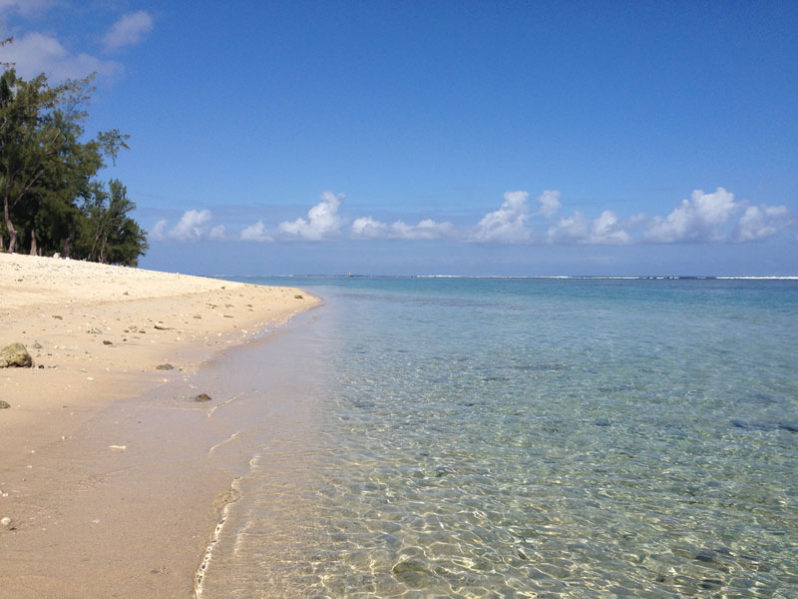
Marine microorganisms in the Southern Ocean may find themselves in a deadly vise grip by century’s end as ocean acidification creates a shallower horizon for life. The steep drop, which could happen suddenly over a period as short as one year in localized areas, could impact marine food webs significantly and lead to cascading changes across ocean ecosystems.
